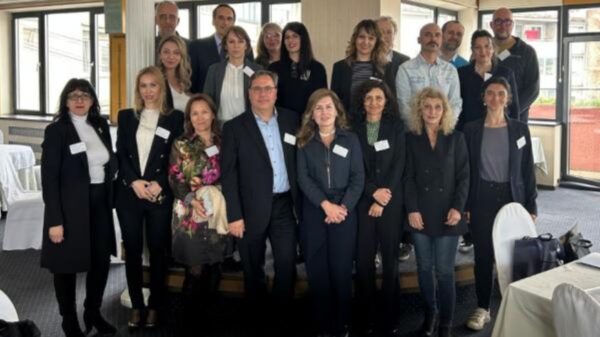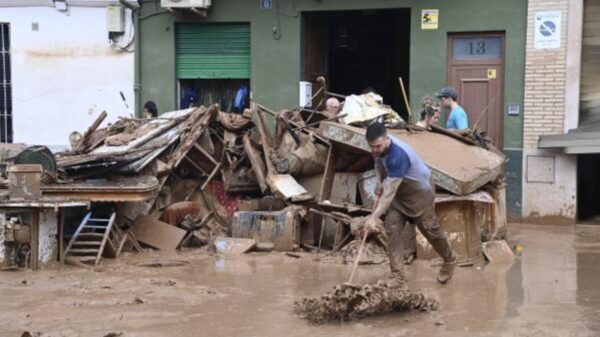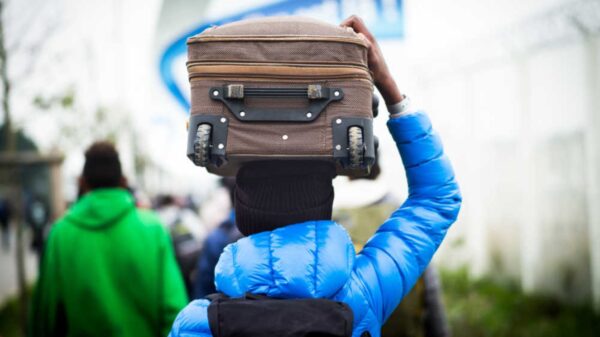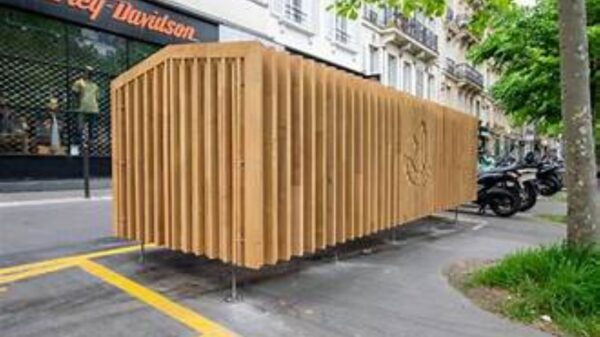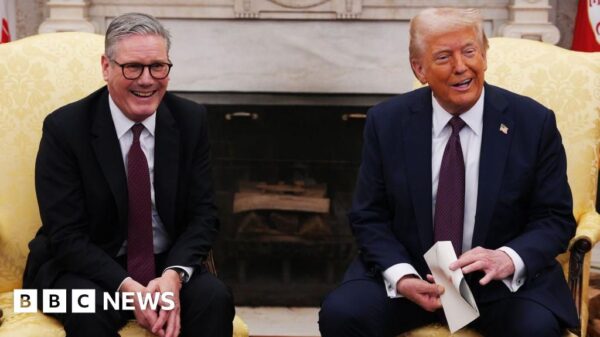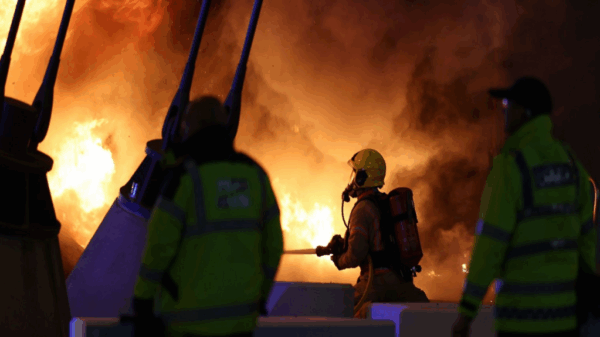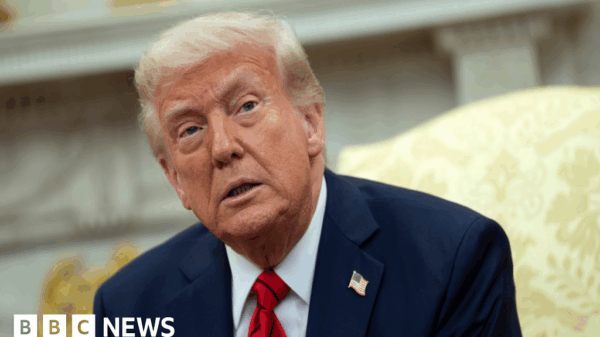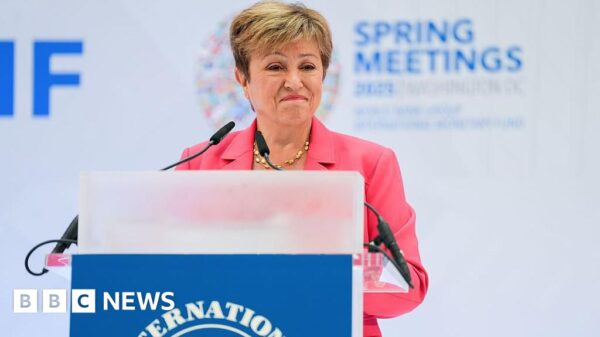Under draft legislation endorsed last week in plenary, journalists, media organisations, human rights defenders, activists, researchers and artists will be protected in the EU from strategic lawsuits against public participation (SLAPPs), the aim of which are to intimidate and penalise them. With 498 votes to 33 and 105 abstentions, MEPs adopted their negotiating position on new rules to protect those working on matters of public interest like fundamental rights, the activities of public officials or corruption allegations.
Cross-border application and protection safeguards
The new rules should apply in cross-border cases when the defendant, claimant and court are not based in the same country or when the act of public participation – be it a press article, social media post, video, piece of research, or artwork – has relevance for more than one member state and can be accessed electronically. The draft directive foresees safeguards for victims of SLAPPs, including the possibility of asking for the early dismissal of the lawsuit, in which case a claimant will have to prove that their case is not unfounded. The claimant would also have to cover the full costs of the proceedings, including the defendant´s legal representation and face penalties, while the SLAPP victim could seek compensation, including for psychological or reputational harm. To limit the practice of choosing the court most likely to side with the claimant, defamation cases would only be admissible in a defendant’s national court. Member states should not recognise the SLAPP judgements of third countries against individuals and companies residing in their territory and should allow those targeted to be compensated in the national court.
National assistance and training
MEPs want EU member states to establish one-stop-shops where SLAPP victims can seek information and advice and they urge national authorities to provide those targeted by SLAPPs with financial, legal and psychological assistance. EU countries will be required to ensure legal practitioners receive adequate training to deal with SLAPP cases and that their professional associations adopt rules discouraging members from taking up abusive lawsuits. MEPs also ask member states to collect relevant data, especially on court decisions, and for the Commission to establish an EU register on SLAPPs.
European Parliament President Roberta Metsola said: “Journalism takes courage – but journalists should not be forced to be brave to do it. The European Parliament will always shield those seeking the truth and will uphold our democratic right to know. When frivolous lawsuits threaten lives and livelihoods, abusing our justice systems, we should legislate. With today’s draft law, strongly endorsed in plenary, that is precisely what we are doing.”
Following the plenary vote, rapporteur Tiemo Wölken (S&D, Germany) said: “Abusive lawsuits are dissuading critical voices from bringing issues of public interest to light. Journalists and activists are a cornerstone of our democracies and they should be able to work without being intimidated. With this directive, we aim to ensure they are protected across the EU, that victims receive financial and psychological support and that there is a broader definition of cross-border cases. Our courts cannot be playgrounds for the rich and powerful.”
Next steps
EU ministers agreed on their negotiating position last month.
Background
Parliament has long advocated for strengthened media freedom and, in light of the increasing number of SLAPPs, adopted a series of resolutions denouncing attacks on journalists and human rights defenders and calling for their improved protection. According to Coalition against SLAPPs in Europe (CASE), the peak in the number of SLAPPs in Europe was achieved in 2020 with 114 cases.
By advancing this legislation, MEPs respond to citizens’ proposals from the conclusions of the Conference on the Future of Europe on countering disinformation and propaganda in proposal 23 (5), on developing a more effective and unified policy towards autocratic and hybrid regimes and developing partnerships with civil society organisations in proposal 24 (8), on introducing legislation addressing threats to media independence in proposal 27 (1) and on strictly enforcing EU competition rules in the media sector in proposal 27 (2).

